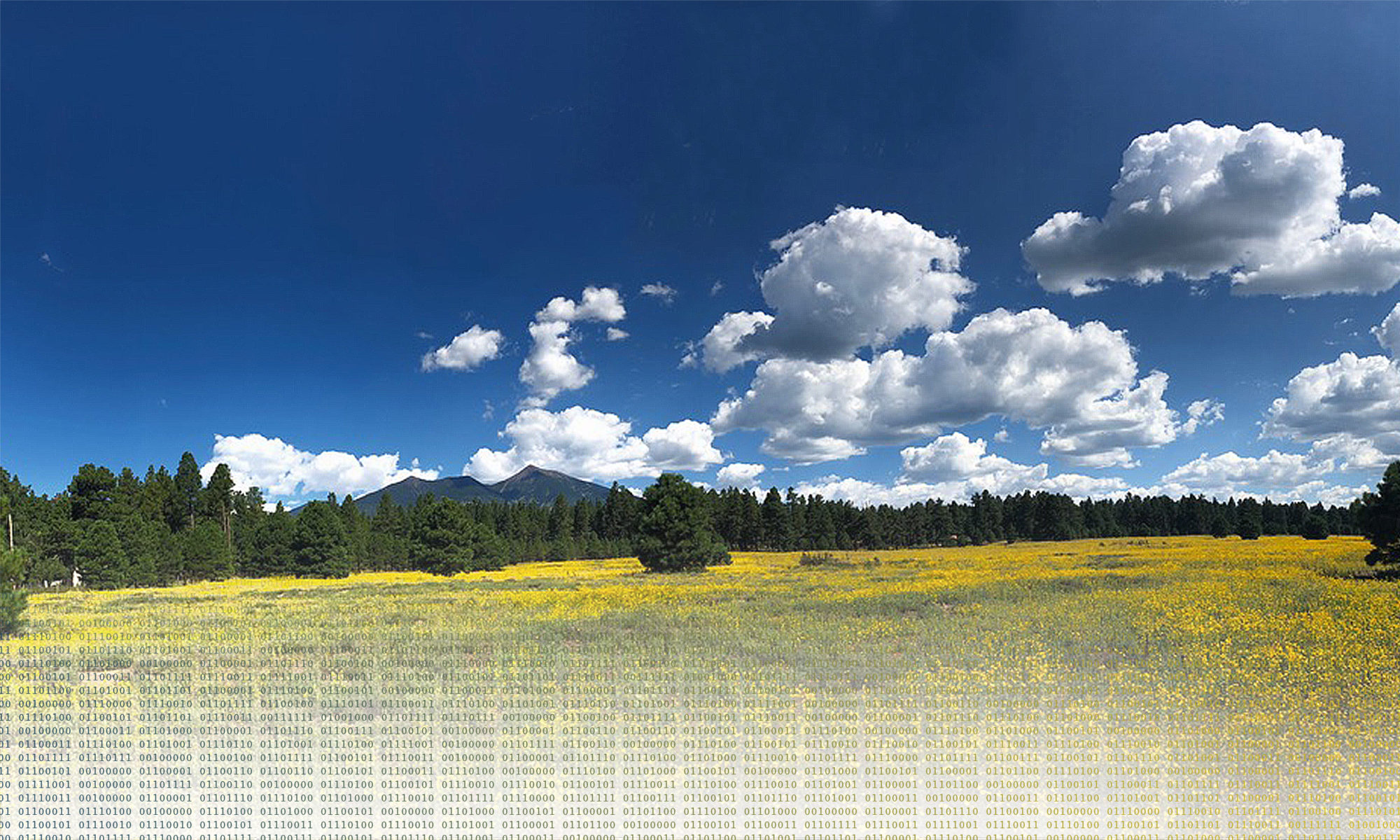Grassland Responses to a Changing Climate
Alison Post
Postdoctoral Scientist
Center for Ecosystem Science and Society
Northern Arizona University
Abstract
As a result of climate change, much of the world is experiencing warmer temperatures and altered precipitation patterns, such as more frequent extreme droughts and large rainstorms. Given that grasslands cover 40% of the Earth’s land area and play a critical role in the global carbon cycle, it is important to understand how this ecosystem will respond to climate change. In this talk, I will present results from several different projects that explore grassland responses to various aspects of climate change. First, I will discuss the results of two field experiments and a complementary remote sensing project that examined the response of a semiarid shortgrass prairie (Colorado, USA) to more extreme precipitation patterns. We found this grassland to be highly sensitive to both the size and timing of large rain events (deluges), which are predicted to become more frequent in this region due to climate change. Next, I will present results from a modeling study that used repeat digital photography data from the PhenoCam Network to determine the climate drivers of spring green-up across all North American grasslands. Existing models poorly predict the timing of spring green-up in grasslands, likely because most do not incorporate water availability, a primary limiting factor for grassland plants. Our new models performed substantially better, with the best model requiring sufficient precipitation followed by warm temperatures to trigger spring onset in grassland ecosystems. Using this new model and projected future climate data, we found that spring is predicted to occur up to two weeks earlier across many North American grasslands within the next 100 years. Through a combination of fieldwork, remote sensing, and modeling studies, we can improve our understanding of how climate change will influence grassland ecosystems, and thus, the impact on the global carbon cycle.

